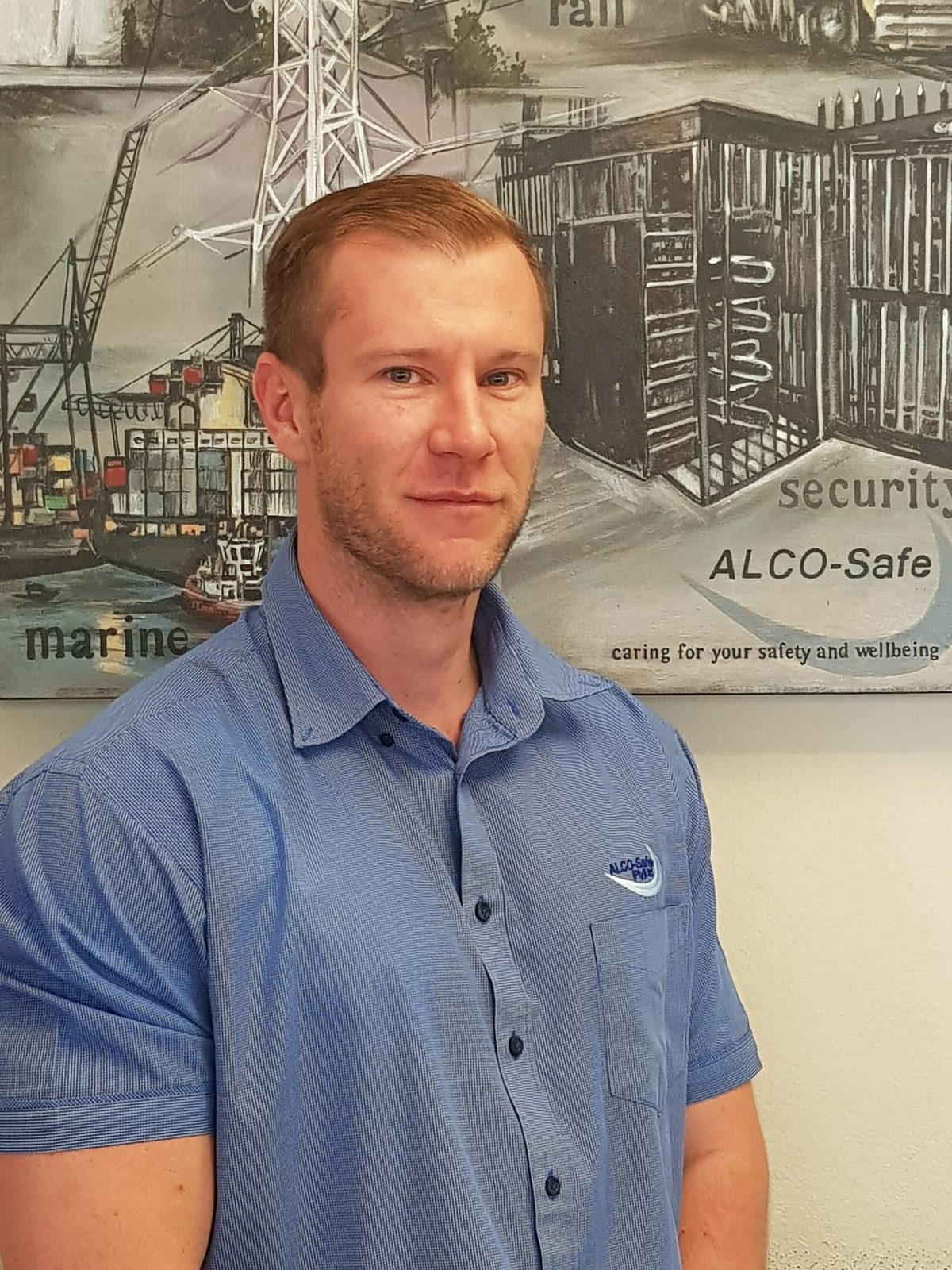
Word
By Rhys Evans, Director at ALCO-Safe
A recent article on Healthline includes five myths about alcohol, which apply equally to the workplace. Business policies and environments can influence drinking culture – how employees view and consume alcohol, and even encourage or discourage alcoholism.
Let’s take the myths one by one.
1. Myth: It’s OK to get drunk once in a while.
It’s not uncommon for binge drinking to be considered OK in the workplace. Sales people close deals and everyone celebrates with drinks after work. Suppliers often entertain customers by taking them out on a ‘liquid lunch’. Weekly after-work team-building drinks become common practice.
Businesses may encourage these events, seeing them as motivating and forgiving drunkenness – sometimes even excusing participants for their hangovers at work next day.
Although it’s nice to celebrate successes and build teams, encouraging binge drinking can fuel a drinking culture at the office and contribute to alcoholism. If these events become more frequent, businesses could find their employees getting drunk several times per week.
The short and long-term effects on individuals are well known, affecting their health, ability to function properly and, ultimately, leading to dependency. Businesses are also negatively impacted as binge drink sessions typically lead to workers unable to concentrate or work properly next day, decreasing productivity and increasing the risk of accidents in the workplace.
Businesses should educate their staff on moderate drinking, the effects of alcohol, and their policies about intoxication at work. They should also attempt to hold fewer ‘drinking’ events.
Since regular drinkers are good at hiding symptoms of alcoholism, regular testing becomes important and should not only be conducted upon suspicion of intoxication but should become part of company culture to discourage being drunk on duty.
2. Myth: Drinking is always safe in moderation.
The saying that ‘anything is fine in moderation’ can be misleading. Businesses should ensure they comply with industry best practice especially in high-risk environments. Moderate drinking should not be allowed at all in the workplace. Employers must be aware of their employee’s health and habits – a single drink can negatively impact an employee who is pregnant, has poor health or a heart disorder. Employers and employees must also be aware of the occupational health and safety act in the workplace as well as the company substance abuse policy,
3. Myth: Wine or beer won’t make you as drunk as hard liquor.
Often, businesses provide wine and beer at events, assuming they won’t make people as drunk as hard liquor. This is simply untrue. All alcoholic beverages contain the same type of alcohol, ethanol, so all alcoholic beverages can make you drunk. Hard liquor can make you drunk faster, but wine and beer have the same effect if consumed in large quantities.
Businesses would do better to limit the number of drinks employees may consume and provide self-test breathalysers at functions, so that employees can test whether they are over the legal drinking and driving limit before leaving a function.
4. Myth: Drinking isn’t a problem as long as you can hold your liquor.
Everyone knows someone known to over-imbibe but can function seemingly fine at work every day. Typically, these people hold their liquor really well, and aren’t often seen as ‘drunk’, so it’s assumed they aren’t alcoholics.
Businesses should monitor and even offer help to these people. Usually, they are alcoholics and while problems may not be evident at work, there may be problems at home and their work is seldom as effective and perfect as it appears. Businesses could suffer resultant losses and errors and should carefully consider the effects of alcoholism in the workplace.
Almost every company has a zero tolerance policy in the workplace, meaning that even slight traces of alcohol would constitute being under the influence or over the limit.
5. Myth: You can sober up quickly with a cup of coffee.
Employees often gather around the coffee machine the morning after a night of drinking, trying to ‘wake up’, believing coffee will help them sober up, be more alert and productive. Unfortunately, coffee has no effect whatsoever on processing alcohol.
If businesses choose to host a function where alcohol is served during the week, they should hold it on a Friday, or give employees the following day off to process the alcohol in their systems. People at work with alcohol in their systems can lead to accidents and lost productivity.
Businesses can breathalyse employees before work the next day, sending anyone over the limit home and only allowing those who are under the limit to work. This protects them against health and safety risks that can endanger staff and their colleagues.
More information from Rhys Evans, Tel: +27(0)12 343 8114 / Email: [email protected] / www.alcosafe.co.za

